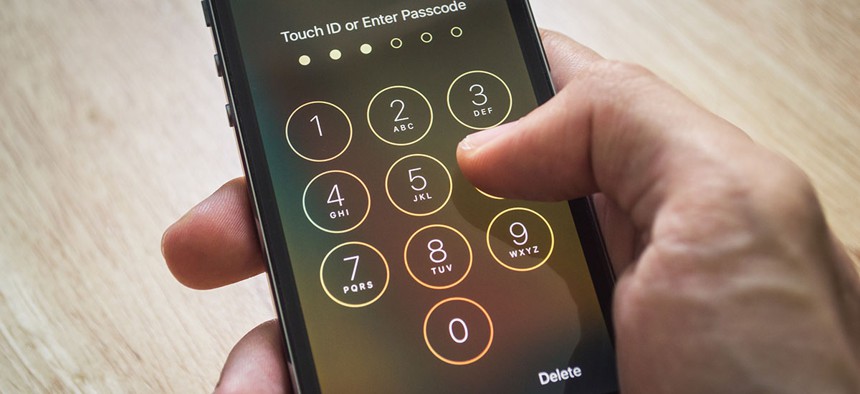An Israeli Firm Is Helping the FBI Unlock That iPhone

Wachiwit / Shutterstock.com
Cellebrite makes a product called the UFED Touch billed as being able to “extract, decode and analyze evidentiary data” from a range of mobile phones.
This post has been updated.
An Israeli mobile forensics company called Cellebrite is helping the Federal Bureau of Investigation unlock the iPhone at the center of a legal battle between the U.S. government and Apple, according to the Israeli newspaper Yedioth Ahronoth (in Hebrew) today. The report cited unnamed sources.
Cellebrite told Quartz it had no comment on the report. The Justice Department told Quartz it would not comment on who is helping it with the phone, nor the method being tested.
The FBI obtained a court order Feb. 16 asking Apple to help it bypass security mechanisms on an iPhone belonging to one of the shooters in the San Bernardino, California, attack in December. Apple challenged the order, and the matter was to be decided at a hearing yesterday. The U.S. government unexpectedly asked for and received a postponement on the eve of the court date, saying an unidentified “outside party” had just shown it a possible way to unlock the iPhone without Apple’s help.
The Israel-headquartered Cellebrite makes a product called the UFED Touch that’s billed as being able to “extract, decode and analyze evidentiary data” from a range of mobile phones, according to a marketing brochure (pdf) for the product. It claims to be able to “bypass pattern lock/password/PIN” on devices running Google’s Android mobile operating system, and provides “the widest support for extraction and decoding” for Apple devices. Here’s a marketing video:
Cellebrite says it has 30,000 UFED devices used in 100 countries by law enforcement, military, intelligence and corporate security agencies. In July 2015, its forensics products became available to all U.S. federal government agencies under two national government procurement schemes.
Cellebrite was founded in 1999 and acquired by a Japanese company called Sun Corporation in July 2007. Sun’s major business is making pachinko games machines, a popular form of entertainment and gambling in Japan, and associated software and other manufacturing services.
Update (March 23): This post was updated with responses from Cellebrite and the Justice Department.





